However, with small class sizes, poor facilities, and inadequate teaching staff, small schools are facing the risk of becoming educational "lowlands" without the coordinated participation of schools, authorities, and society.
Try to keep up with the study pace
Thuan Hoa ( Tuyen Quang ) - a particularly difficult commune with a large terrain, scattered population, mostly ethnic minorities living in mountainous areas far from the center. The journey to school of students here is not only to cross mountains and streams, but also to overcome all barriers of living conditions, awareness and personal limitations.
Huong Duong Kindergarten - the only school in the commune currently has 11 groups and classes with 273 students. Of these, only 62 students study at the main school, 211 students are studying at 5 satellite schools: Lung Buong, Khau Meng, Lung Khoe A, Lung Khoe B and Minh Tien. Minh Tien school is located 15km away from the main school.
After the administrative reorganization, schools in Thuan Hoa commune were assigned to commune-level management. Ms. Tran Thi Vu - Principal of Huong Duong Kindergarten said that this change brought both advantages and challenges.
“The school is closer to the commune government, so the coordination of educational tasks is more convenient and practical. Commune officials have a good understanding of the lives of teachers and students, and have timely and close instructions. However, there is no specific direction for investment in facilities to repair and upgrade schools,” Ms. Tran Thi Vu shared.
The reality at the schools shows that although they have solid classrooms, desks, chairs and essential learning materials, the facilities are limited. Many schools do not have surrounding walls, lack teachers, boarding kitchens and teaching equipment.
Not letting the children in the remote school be disadvantaged, the school has proactively overcome difficulties with many practical solutions such as: making a proposal to repair the facilities, sending an open letter calling for support from agencies and businesses. The teachers not only perform their professional duties, but also work together to clean and decorate the classrooms, plant trees, renovate the playground... to create a better learning environment for students in disadvantaged areas.
In addition, professional training for teachers is maintained. “We determine that, whether teaching at the main school or at a separate location, the quality of education must be consistent. Each teacher represents the image of the school in each village. Therefore, professional capacity, professional ethics and sense of responsibility must always be put first,” Ms. Vu emphasized.
The People's Committee of Thuan Hoa commune has closely directed and coordinated the review of preparations for the new school year. However, the allocation of investment resources for the school is still limited. The school hopes to receive support in building a protective fence, a kitchen, adding teaching equipment and especially connecting the Internet to the remote locations to improve the quality of education.
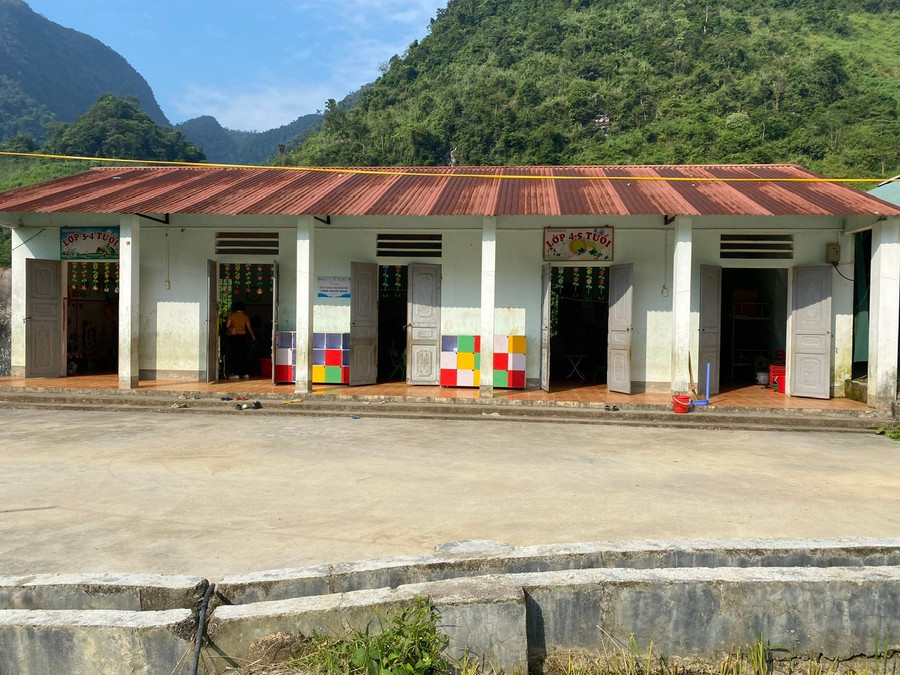
Ensuring the right to education for students in disadvantaged areas
In Phu Tho province, Long Coc commune is actively implementing the study schedule for children in the highlands. The new Long Coc commune was established on the basis of merging three old communes, Tam Thanh, Long Coc, Vinh Tien of Tan Son district, with a total area of 67,088 km² and a population of 8,708 people.
There are currently 8 kindergartens, primary schools and secondary schools in the commune, with a total of 8 main schools and 5 satellite schools. Among them, Khang Len school belonging to Vinh Tien Kindergarten and Vinh Tien Primary and Secondary Boarding School for Ethnic Minorities is considered the most difficult. The satellite school is more than 5km from the main school, students have to go through the spillway to school, posing a potential safety risk during heavy rains.
Currently, Khang Len school of Vinh Tien Kindergarten has 51 children studying in 3 groups of classes, of which 50 are ethnic minority children (accounting for 98%). Despite the difficulties in terrain, weather and traffic, the school is arranged with 7 teachers, ensuring the teacher/class ratio according to regulations.
Ms. Le Thi Thao - Vice Principal of Vinh Tien Kindergarten, shared: "Ensuring the number of students, maintaining attendance rates and quality of childcare at Khang Len school is not easy. To improve the quality of education, we hope to receive attention and investment in traffic infrastructure, facilities, as well as specific support policies for teachers and ethnic minority children in difficult areas."
Sharing the same view, Ms. Dinh Thi Binh - Vice Chairman of Long Coc Commune People's Committee said that immediately after establishing the new commune, the locality requested the affiliated schools to review all facilities, teachers and staff, from which to plan the scale of the school and propose human resource needs for the new school year. At the same time, the commune directed the review of policies and regimes to promptly and properly implement them, so that teachers and students would not be disadvantaged.
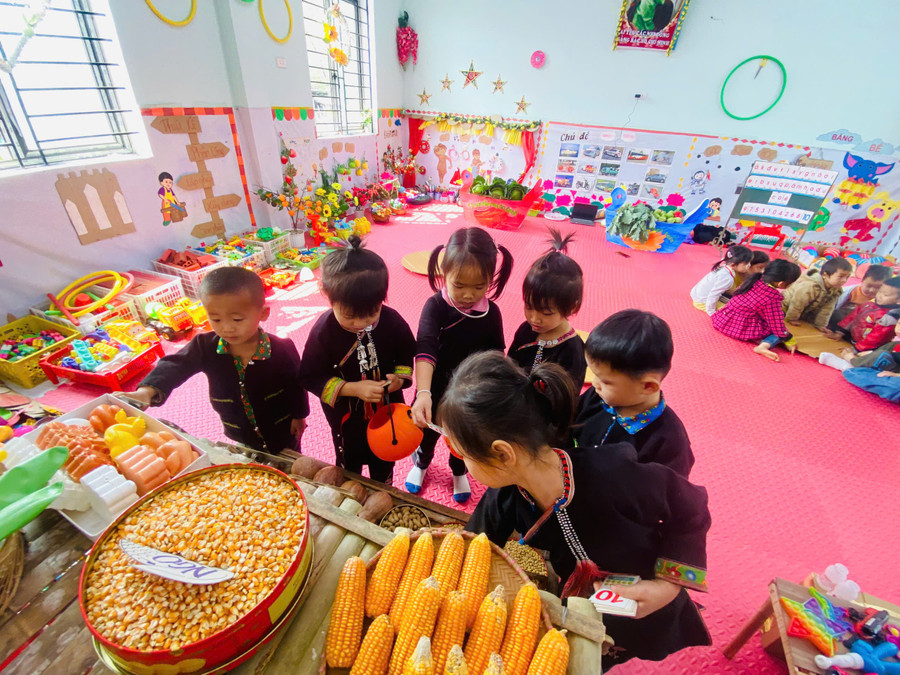
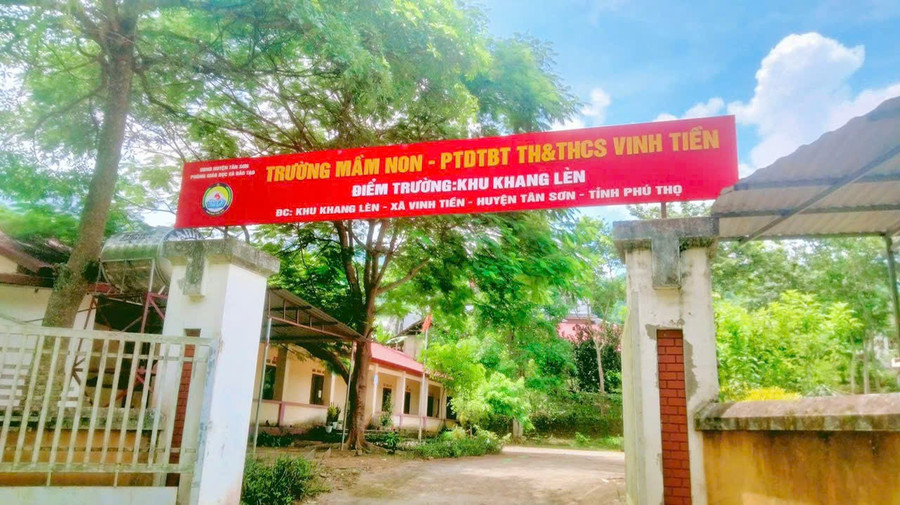
Ms. Binh emphasized: “To maintain the quality of education in the merged area, especially remote schools in mountainous areas, it is necessary to make synchronous and long-term investments, not only in terms of material but also in terms of policies. From there, we will create conditions for teachers to feel secure in their work and students to be interested in going to school.”
Stories from Huong Duong Kindergarten (Tuyen Quang) and Long Coc Commune (Phu Tho) clearly show the determination of localities in ensuring equal education rights for students in remote areas. However, in order for remote schools to not become educational "lowlands", in addition to the efforts of each school and teacher, it is necessary to have sustainable investment policies and the cooperation of the whole society.
Maintaining the quality of education in remote areas has been and is being paid attention to by localities and schools. The remote schools still face many difficulties, but the learning pace is still maintained thanks to the sense of responsibility of teachers, the attention from local authorities and the love for students. Not letting remote schools become "educational depressions" is not only a goal, but also a long-term commitment of the entire industry and society.
Source: https://giaoducthoidai.vn/no-luc-xoa-vung-trung-giao-duc-sau-sap-xep-don-vi-hanh-chinh-post743148.html



![[Photo] General Secretary To Lam attends the ceremony to celebrate the 80th anniversary of the post and telecommunications sector and the 66th anniversary of the science and technology sector.](https://vphoto.vietnam.vn/thumb/1200x675/vietnam/resource/IMAGE/2025/9/29/8e86b39b8fe44121a2b14a031f4cef46)

![[Photo] Many streets in Hanoi were flooded due to the effects of storm Bualoi](https://vphoto.vietnam.vn/thumb/1200x675/vietnam/resource/IMAGE/2025/9/29/18b658aa0fa2495c927ade4bbe0096df)
![[Photo] General Secretary To Lam receives US Ambassador to Vietnam Marc Knapper](https://vphoto.vietnam.vn/thumb/1200x675/vietnam/resource/IMAGE/2025/9/29/c8fd0761aa184da7814aee57d87c49b3)
![[Photo] National Assembly Chairman Tran Thanh Man chairs the 8th Conference of full-time National Assembly deputies](https://vphoto.vietnam.vn/thumb/1200x675/vietnam/resource/IMAGE/2025/9/29/2c21459bc38d44ffaacd679ab9a0477c)








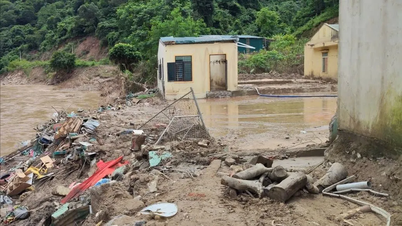

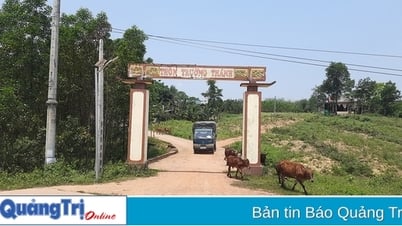


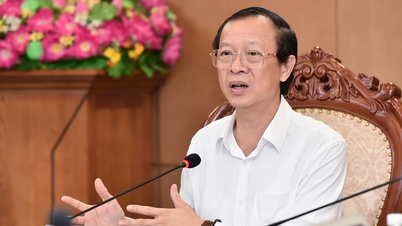

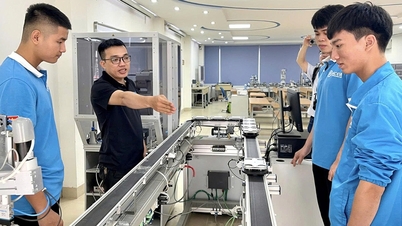
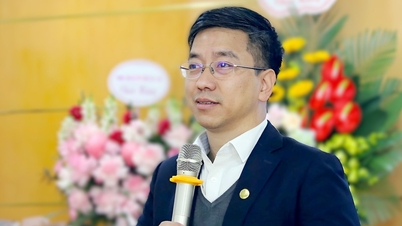

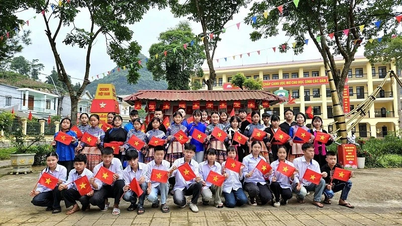







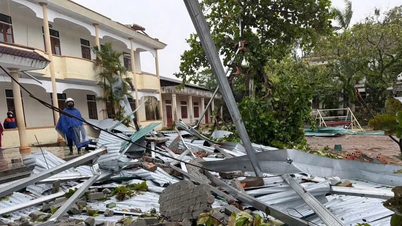

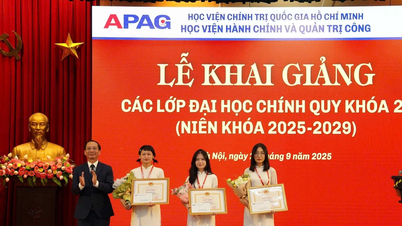
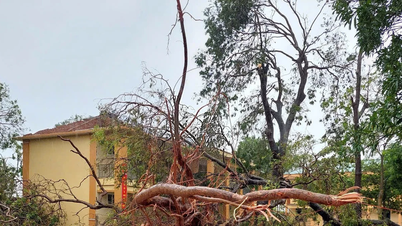


































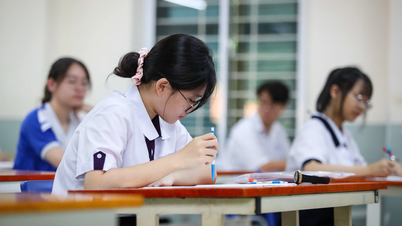











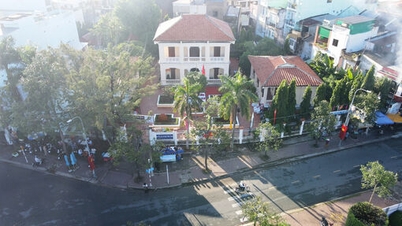



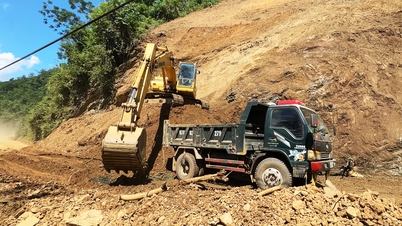
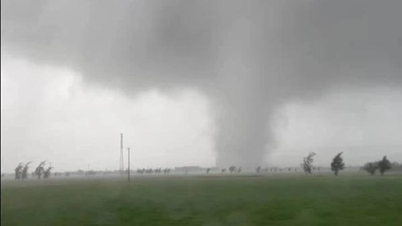














Comment (0)